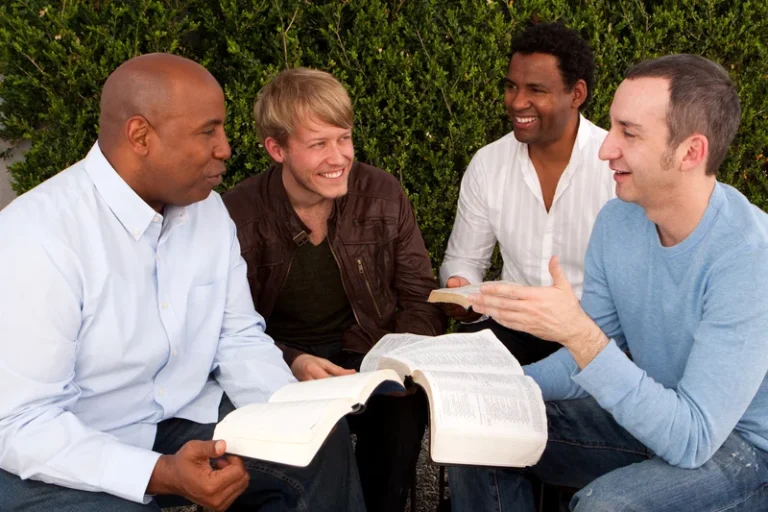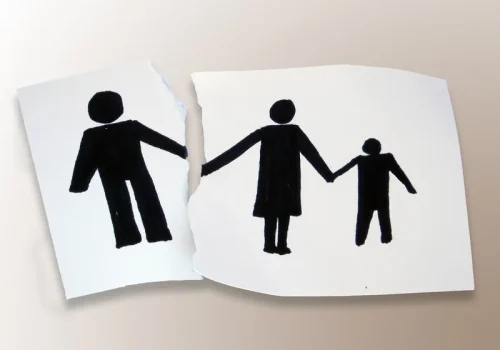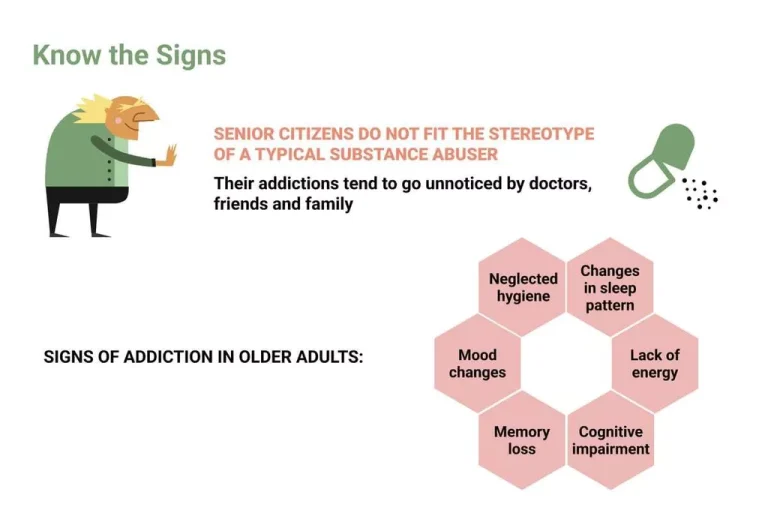Thoughts of Recovery No 17 The Spiritual Malady Step 1
Eye-catching Latin Girls Looking For Marital relationship
June 5, 2024Japanese Mail Order Brides: Meet up with Japan Daughter For Marriage
June 6, 2024Thoughts of Recovery No 17 The Spiritual Malady Step 1

But I realized I wanted the emotional payoff more than I physically craved the sugar and lard. Those of you who have been in Celebrate Recovery (CR) for a while know that our 12-steps are exactly modeled on the 12 steps of Alcoholics Anonymous. This is a proven process has helped literally millions of people all over the spiritual malady world recover from addictions and compulsive behaviors. The difference with CR is that we specifically acknowledge Jesus Christ as the Higher Power that can restore us. However, no one is required to be a Christian to attend CR. If you don’t believe in Jesus, or you’re not sure what you think about Him, that’s okay.
The Big Book’s Answer to Relapse Prevention
- The Big Book couldn’t illustrate this point any better.
- Following this program will cause them to feel less alone or closed off from the messages of life, thus relieving them from the burden of isolation.
- ” But sure enough, she followed the program and within a month or two her mental obsession had dissipated.
- I was the director in the drama of life and managing the world so I could get what I thought I needed to feel ok.
- Sometimes, when tasked with doing something difficult or challenging for my own good, I balked at the added responsibility of doing it.
- Theymay be the dubious luxury of normal men, but for alcoholics these things are poison.
I designed the deck because I needed new tools to help myself and others overcome anxiety, doubt, and fear. How fitting that the Universe delivered it to my doorstep upon returning home from the emergency room. I suspect I’m not alone in feeling this way; there is research to show that by late 2020, 37% of Americans had symptoms of generalized anxiety disorder. And during the continued pandemic, about 4 in 10 adults in the U.S. have reported symptoms of anxiety or depressive disorder. Taking responsibility doesn’t stop at declaring that I needed help and made the decision to find the solution.

From the Vault: Powerlessness & Unmanageability with Kelly Williams Studying the Steps
It is this notion that the fellowship of AA was founded upon, and how millions of recovered alcoholics equate their success in overcoming a seemingly hopeless situation. The only solution to a spiritual malady is a spiritual awakening. Only once we open the spiritual channels and begin to accept a Higher Power into our lives can we hope to find a solution to our alcoholic condition.
The Spiritual Malady of Addiction: What Is It Exactly?

As recently noted by White (2004), the problems created by excessive alcohol and drug use are well documented, but there is no comparable body of research on the recovery benefits that accrue to individuals, families and communities. Little research has been conducted in the recovering community; most of what is known of the recovery process emanates from treatment evaluations using short follow-up periods. The few empirical investigations conducted on recovery are typically exploratory, qualitative and methodologically limited (e.g., small sample size and/or restricted sample characteristics). There is a critical need for knowledge about the process of addiction recovery, about the challenges, about useful resources as well as about the positive outcomes of recovery. To maximize its usefulness, research on recovery must use state of the art methodology including large representative samples, quantitative methods and sophisticated statistical techniques that help elucidate the critical processes at work (White, 2004).
- Among other people, it may manifest in other ways.
- The wording of yourdecision is, of course, quite optional so long as you express the idea, voicing it withoutreservation.
- So long as we make an active effort to address our spiritual malady every day, we will find relief from it, one day at a time.
- It’s the “spiritual malady”, as manifested by my EGO (selfishness-self-centeredness), that can eventually lead me back to drinking or sometimes even suicide.

- We became selfish and self-seeking, ever thirsting for more, and this lust warped us on every level.
- Up until this point, the stress in my life had been mostly mental stress and frustration concerning the planet.
- There is no church you must attend or strict practices you must adhere to in organized worship of said higher power, it is a completely individual and personal experience.
- From new shoes to just having shoes to wear, when we sit and take a look there really is so much to be grateful for each day.
- Ask God to mould your ideals and help you to live up to them.Remember always that your sex powers are God-given, and therefore good, neither to be usedlightly or selfishly nor to be despised and loathed.
- Suppose you fall short of the chosen ideal and stumble.
- In our addictions, we tried to quench our soul-thirst with fleeting pleasures.

Contact Your First Step’s National Hotline

